China’s economy, military might, diplomatic weight and self-confidence have grown dramatically in recent years. This is reflected in China’s growing footprint and activism in institutions of regional and global governance. Three mutually reinforcing trends converged last year against the long-term and wider geostrategic backdrop. By the end of 2020, China had emerged as a major winner of the geopolitical reordering resulting from the health devastation of coronavirus, notwithstanding China’s role in its origins, and economic devastation of lockdowns. Second, the impact of China’s assertive new wolf warrior diplomacy registered on many countries including Australia. Third, violating the terms of the handover of Hong Kong, China terminated its autonomy and brought it within Beijing’s fold.
Meanwhile Taiwan, with just eight Covid-19 deaths, demonstrated possibly the most impressive performance of any country in containing the pandemic, considering its geographical proximity to the epicentre of the outbreak and the extensive and intimate people-to-people links with the mainland. Moreover, it did so by rejecting the initial statements and advice from the World Health Organisation. The WHO continues to ignore Taiwan in drawing best-practice lessons from the pandemic. This is so because on 25 October 1971, in General Assembly Resolution 2758, the United Nations brought to an end the diplomatic lie that Taiwan was the one and only representative of China with a permanent seat on the Security Council. By a 76-35 vote (17 abstentions), the UN recognised the People’s Republic of China as the sole legitimate representative; Australia, Japan and the US voted against. But in the process the UN erased Taiwan from the map or, in today’s parlance, cancelled it right out of existence.
Refused membership, denied observer status, Taiwan does not figure even in UN statistical databases. It’s become the country that must never be named. Only 14 states plus the Holy See maintain diplomatic relations with Taiwan, including four from Oceania, one African and 9 Latin American countries. Not one is a major country. Australia, New Zealand, 22 European states plus the EU, Canada, Mexico and the US maintain unofficial relations through the fiction of Taipei Economic and Cultural Representative Offices that are de facto embassies and consulates.
About twenty years ago, working as a senior UN official based in Tokyo, I received an invitation from a research institution in Taiwan to a conference in Taipei. I’ve no idea if the sponsoring institution was government-run, semi-official or completely independent. Although the conference was of professional interest, the dates were unsuitable. I informed them accordingly, saying it was a pity the dates were not around an alternative time when I would be in Okinawa, from where it’s but a short hop across to Taipei. They replied if I confirmed participation, the dates could be changed to accommodate my availability. But Taiwan is not a UN member state and China as a Security Council permanent member would be angered. Submitting a formal travel authorisation request to UN headquarters in New York, I stressed the organisers were prepared to accommodate the diplomatic sensitivity by identifying me as an Australian professor and I would travel on my ordinary Australian passport, not my diplomatic UN laissez passer (the UN’s passport equivalent for all official travel). New York flattered to refuse: ‘You under-estimate how well known you are, professor’ was the official reply.
In my professional judgment, this is the most shameful policy of any in UN history, in which member states including Australia are complicit. Here’s why.
There is not one reason in principle why the people of Taiwan should be denied the right to choose independence or union with the mainland. Others should respect the outcome of that democratic choice whatever it is, just as it is our right to determine if we should become a republic. Else, where does this leave all the fine talk of democracy, human rights and self-determination in Kosovo, East Timor and elsewhere? Taiwan is better credentialed than most of them. It’s base hypocrisy, for those who condemn Russia for swallowing Crimea, to kowtow to China on Taiwan.
More than an international bureaucracy and a forum for engaging in intergovernmental trench warfare, the UN represents an idealised world in which nations work together harmoniously for the common good. Article 4(2) of the UN Charter stipulates that membership ‘is open to all peace-loving states which accept the obligations contained in the present Charter and are able and willing to carry out these obligations’. Taiwan is a stable, prosperous and the world’s only Chinese democracy. On 2 February, the Economist highlighted how in the just-released annual Democracy Index, amidst sharp falls in democratic freedoms across the world, Taiwan was the ‘star performer’, rising from 31 to 11 in the global ranking. It should be a poster child of success in democratic consolidation after nation-building against the odds. Its population of 23 million is comparable to Australia’s 25m and bigger than New Zealand and scores of Pacific and European member states. Its US $26,910 GDP/capita is between Australia’s $45,844 and China’s $10,839. Taiwan’s Human Development Index is 23, compared to Australia’s 8 and China’s 85.
With Hong Kong digested, it’s reasonable to fear that Taiwan is next on China’s menu. Incorporating Taiwan would have incalculable geopolitical consequences in the region and mark a decisive step on China’s road to global pre-eminence. In recent weeks tensions ratcheted up as China sent a fleet of 15 warplanes, including nuclear-capable bombers, into Taiwan’s air defence identification zone, possibly to test the Biden administration. The US dispatched an aircraft carrier strike group into the South China Sea. US and Australian analysts continue to stress the critical importance of military commitment and assistance to Taiwan to deter China from a military takeover. The lesson of Hong Kong surely is that it’s prohibitively costly to take effective action to counter China after the fact. Another strategy is to raise the stakes and the diplomatic costs now of potential China moves. One obvious way to do so would be for the Western countries to collectively upgrade ties with Taiwan to full diplomatic relations and establish full-fledged embassies there. If Australia were to do so by itself, it would be exposed and vulnerable to Chinese economic retaliation and diplomatic intimidation. But Australia, Canada, the US and Europe acting in concert would not be. Further, drawing on their financial contributions, they could and should also lead the push to admit Taiwan to international organisations.
Got something to add? Join the discussion and comment below.
Get 10 issues for just $10
Subscribe to The Spectator Australia today for the next 10 magazine issues, plus full online access, for just $10.
You might disagree with half of it, but you’ll enjoy reading all of it. Try your first month for free, then just $2 a week for the remainder of your first year.

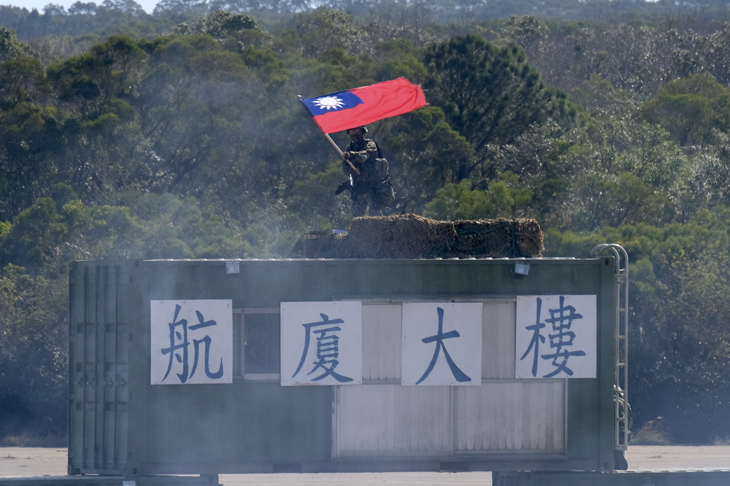
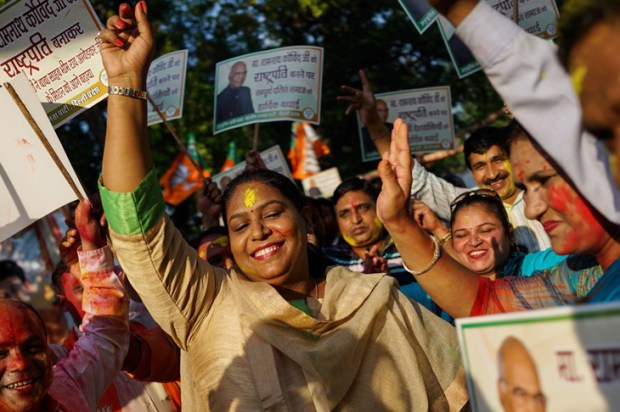
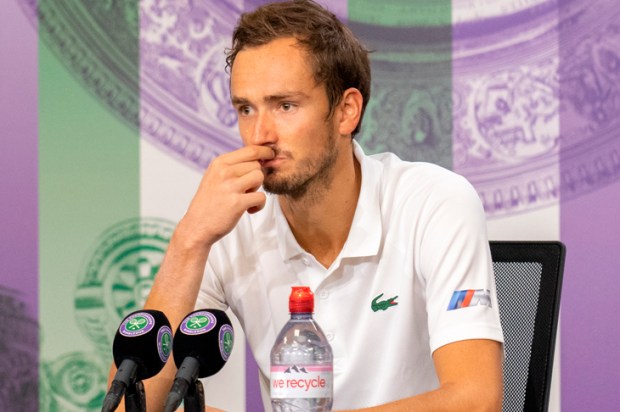

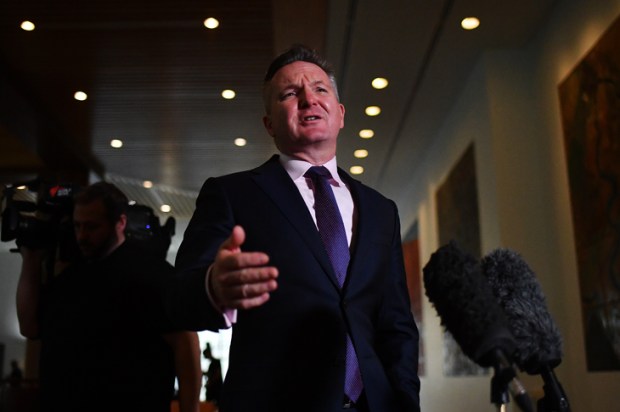
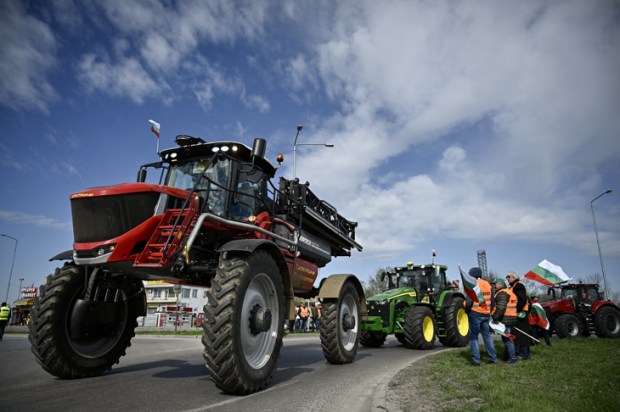
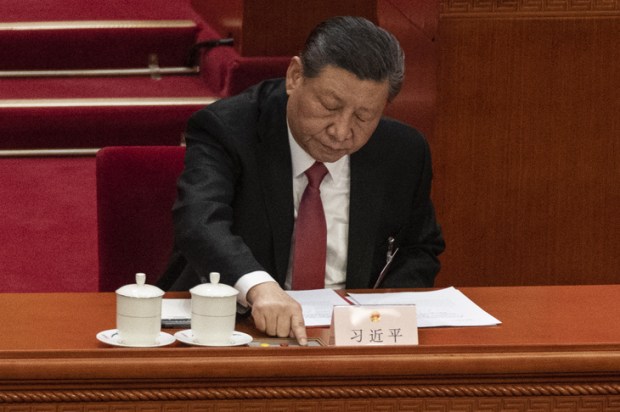






Comments
Don't miss out
Join the conversation with other Spectator Australia readers. Subscribe to leave a comment.
SUBSCRIBEAlready a subscriber? Log in